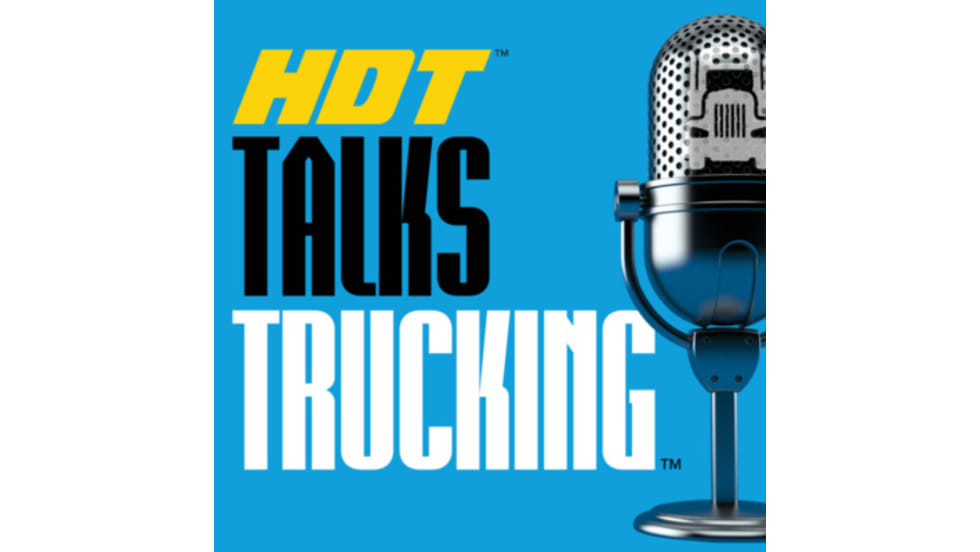Early-stage driver turnover is increasing overall across the trucking industry, according to Stay Metrics, which offers driver retention tools for motor carriers.
The insight comes from an update to its Stay Days Table for the first half of 2019. While truck drivers hired in January 2018 stayed an average of 283 days, drivers hired in June 2018 stayed only 216 days on average, a decrease of 67 days.
The Stay Days Table tracks early-stage driver retention across a broad range of carrier clients, representing dry van, tanker, reefer, flatbed, and more segments. This iteration of the table includes data for 47,283 drivers and 93 carriers.
The update includes data for drivers hired each month from January 2018 through May 2019 from its carrier clients. The table reveals what percentage of them stayed with their carriers for 30, 60, 90, 120, 180, 270, and 365 days. The Stay Days Table was recently expanded to include a column for “Average Days Stayed” that is calculated once a driver group has reached 365 days since their hire date.
The early indications for drivers hired in 2019 seem to be following this trend. Averaging several months together and comparing by year shows this most clearly, with 84.9% of drivers hired from March through May 2019 staying a full 30 days with their carriers, compared to 86.3% over the same period in 2018.
This trend is even more pronounced at the three-month mark, the company said. Among drivers hired in the first quarter of 2019, only 64.9% made it 90 days on their new jobs. This is almost a 5% decrease from 69.3% during the first quarter a year earlier. This downward trend on the average driver retention rate is consistent with recent American Trucking Associations turnover measurements. The ATA recently reported turnover at large carriers increased 5% in the first quarter of 2019.
"This update drives home the message we've been talking about for years,” said Stay Metrics CEO Tim Hindes. “Early turnover is where it's at! Getting the early driver onboarding experience right should be a critical focus for every carrier."
“These data point to a need to better understand what drives early-stage turnover,” added Bradley Fulton, director of research and analytics at Stay Metrics. “The key to doing this is a well-designed, comprehensive set of measures that can identify these factors and how they fluctuate over time. Analytics that lead to insights and highlight opportunities for improvement are also critical, but the analytics are only as good as the data on which they are based. Quality, comprehensive measurement is the foundation.”
Stay Metrics offers an Onboarding Survey program for carriers to track drivers’ levels of satisfaction during the crucial first year on the job. It assesses drivers’ thoughts right after orientation to determine their expectations, how well orientation went, and their starting level of satisfaction at a carrier. Then, at several one or more key time points in the first year, a second survey determines how well drivers think the carrier is doing meeting their initial expectations and preparing them for the job.
Along the way, Stay Metrics alerts carriers when an opportunity arises to step in, reach out to a driver, and solve an issue before it becomes a cause for turnover. Possible triggers could include a sharp drop in overall satisfaction, a driver’s nonresponse to a survey, or a driver specifically asking a question on the survey.












